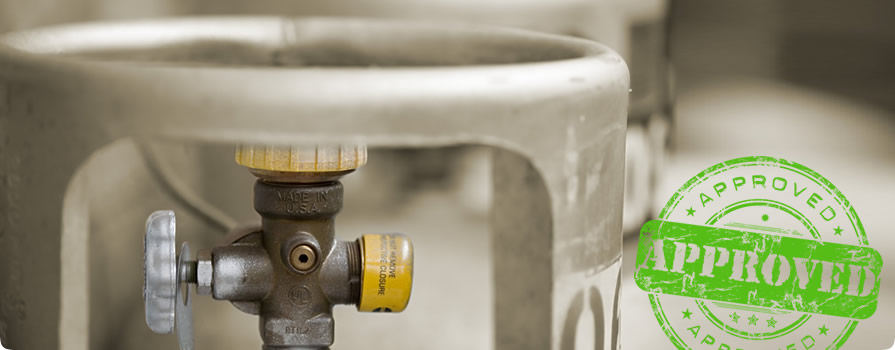


Anyone who owns and operates gas equipment that contains refrigeration gases such as air conditioning or heat pumps will require to comply with the F Gas regulations.
F gases are a family of gases similar to hydrocarbons with fluorine replacing some hydrogen atoms. If was only recently discovered that hydro-flourocarbons (HFC) are powerful greenhouse gases that contribute to global warming if released into the atmosphere. With this in mind the EU Ozone regulations of 2000 set a timescale to phase out CFC’s and HCF’s. They also introduced strict inspection rules for all operators of such refrigeration equipment.
The F Gas legislation came into effect July 2007 and includes the containment of gas recovery and record keeping.
It is the operator of the equipment that is responsible for ensuring that they comply with the F Gas regulation.
This regulation defines the operator as ‘the natural or legal person exercising actual power over the technical functioning of the equipment and systems.’
Operators have a legal duty to have the equipment checked regularly for leaks, by a qualified person or company. The frequency of an F Gas inspection depends upon the amount of refrigeration in each system.
End of 2009 – virgin R22 HCFS can no longer be used for plant servicing and maintenance.
End of 2014 – from this date recycled HCFC’s can no longer be used for plant servicing and maintenance. However, this legislation could possibly be moved forward to 2012.
The directive was introduced by the communities and local government to improve the energy efficiency of our buildings in England and Wales through various measures, including:
Our associate company Cavendish Engineers is CIBSE energy assessor accredited and can deliver this service.
